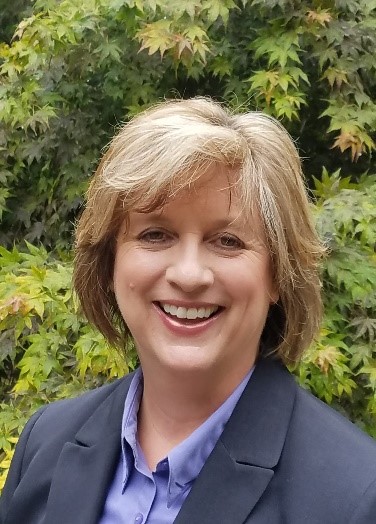
Protecting your mental health during the COVID-19 pandemic

By Melanie Dallas, LPC
If the coronavirus outbreak is causing you some anxiety, you’re not alone. A full year into this pandemic, it is safe to say we all need to see the light at the end of this tunnel, which hopefully the vaccinations will provide.
We’ve known for some time that disasters and tragedies that endanger physical health – terrorist attacks like 9/11, hurricanes, shootings, wildfires and other mass casualty events – can also impact mental health. Survivors of tragedies can experience trauma and PTSD. But even those not directly impacted by a disaster – or in this case, a coronavirus pandemic that continues to upend our lives – can experience emotional distress, anxiety, depression or other mental health impacts.
With that in mind, the Centers for Disease Control and Prevention (CDC), the nation’s authority for up-to-date and accurate information about coronavirus in the U.S., has developed a page devoted to mental health and the coronavirus on its website, (https://www.cdc.gov/coronavirus/2019-ncov/prepare/managing-stress-anxiety.html), as well as several recommendations for managing mental distress during the pandemic.
To begin, CDC says, everyone reacts differently to stressful situations. How different people respond to the coronavirus outbreak can depend on their background, their personality, their age, and their community. It’s important to note that mental stress can take several forms, not all of them obvious. For example, the CDC says people worried about coronavirus might experience changes in sleeping or eating patterns, difficulty sleeping or concentrating, worsening chronic health problems or increased use of alcohol, tobacco or other drugs.
Children and teens might also experience stress. In young people, this might mean excessive worry, acting out or irritability, as well as difficulty concentrating in school and in general, avoiding social activities they used to enjoy, and use of tobacco, alcohol or other drugs.
The CDC provides several suggested strategies you can use for yourself and your children to help reduce anxiety and stress related to the outbreak. In general, it is important to have accurate and up-to-date information about the outbreak and steps being taken to control its spread. In addition, CDC recommends the following:
- Limit your and your family’s exposure to news coverage of the event, including social media. Children may misinterpret what they hear and can be frightened about something they do not understand, and hearing about the pandemic repeatedly can be upsetting.
- Take care of your body. Try to eat healthy, exercise regularly, get plenty of sleep, and avoid alcohol and drugs.
- Make time to unwind; try to do activities you enjoy each day.
- Talk with your child or teen about the outbreak. Reassure your children they are safe. Let them know it is ok to feel upset. Share how you deal with stress so they can learn how to cope from you.
- Be a role model. Take breaks, get plenty of sleep, exercise, and eat well. Connect with your friends and family members.
At Cobb County Community Services Board, we are doing everything we can to support our employees and especially the individuals who rely on our agency for help. At the beginning of the pandemic, we instituted infection control protocols at all our locations; fortunately, we have been able to remain open and continue to serve those in the community who are most vulnerable.
If you or someone close to you is struggling with behavioral health issues due to the pandemic and/or other circumstances, we can assist regardless of ability to pay. Visit our website at www.cobbcsb.com for ways to get connected with us, or walk in from 8 a.m. – 2 p.m. Monday- Friday to our Outpatient Services at 1650 County Services Parkway, Marietta.
Melanie Dallas is a licensed professional counselor and the Interim CEO of Cobb County Community Services Board. She also serves as CEO of Highland Rivers Health. Both Community Service Boards provide treatment and recovery services for individuals with mental illness, substance use disorders, and intellectual and developmental disabilities.
